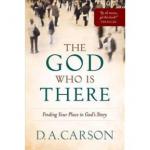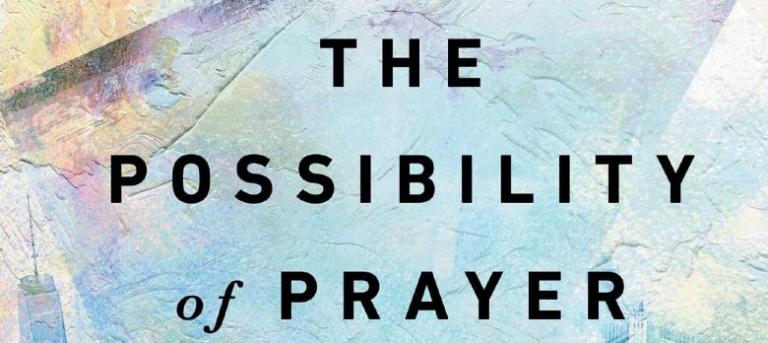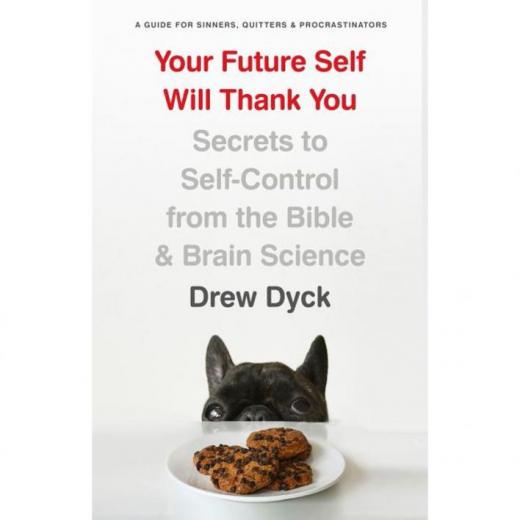
One thing that I enjoy every year the week after Christmas is seeing people share their favorite books from the previous year. It always alerts me to interesting books that I have never heard of. This year, I also took notice of some of the responses I saw to these lists. “Does it have big words” and “This looks too deep to me” were some common responses I saw expressed about books that appeared to be even slightly challenging.
While we claim to be one of the most advanced and educated civilizations in history, we have grown increasingly uncomfortable with thinking about difficult subjects or having our preconceived notions challenged. This isn’t healthy for us. It dulls our thinking, overinflates our egos, and prevents us from learning new things and encountering new perspectives. Reading things that seem challenging or that cover subjects we have never thought about sharpens our minds, helps us to better understand the world around us, and gives us numerous topics for conversations with our friends and neighbors.
To Grow Intellectually
The advice most of us receive in our culture tells us to have a specialty and to know it very well. Thus, many of us have forgotten the things that we learned about subjects outside of our main areas of expertise. The days of the Renaissance man are gone. Because of this, we need to challenge ourselves to read outside of what we know so that we can grow and gain new perspectives.
For me, reading outside my comfort zone meant reading things other than theology, but for many of you, it will mean that you need to start reading theology. If you are a follower of Jesus and your reading consists mainly of devotional books and memoirs from well-known Christians, you need to dive deep into good theology books so you can grow in your understanding of the faith. Start with Knowing God, by J.I. Packer, The Cross of Christ by John Stott, or The God Who is There by D.A. Carson. These books are deep enough to challenge you but accessible enough that they will not discourage you.
In other areas, the best place to start is where you are curious. Is there someone or something that you want to know more about? Do some research to find a good introduction to the subject and read that book. Then, as you read, take careful note of other areas you might want to investigate later and let your curiosity continue to steer the ship. As you catalog things you want to learn and authors you enjoy, you will never run out of books to read and subjects to occupy your mind.
To Develop Your Imagination
“If you can read and have more imagination than a doorknob, what need do you have for a ‘movie version’ of a novel?” With this quote, Wendell Berry reminds us that the greatest cinematic achievements don’t show up on a silver screen, but in our own minds. Our imaginations can take us to different worlds, dream of possibilities for the future, and entertain us more than a show or social media ever could.
The problem for us is that we have forgotten how to daydream and we have forgotten how to think deeply or imaginatively. Every time we get bored, we grab our phones. We look for short bursts of digital entertainment and it short-circuits the way that our brains work.
Reading a good novel helps us to re-engage the imaginative part of our brains. It immerses us in a story and forces us to picture that story without cues being fed to us by anyone other than the author. This is why you should resist the movie version of the book. It steals one of the best reasons for reading from you.
(I am willing to grant that this is an argument based on my own limited experience, but I have never seen a movie based on a good book that was better than the book. I have seen a movie based on a bad book that was better than the book, but here the exception proves the rule.)
To Hear a Point of View Other than Your Own
Unfortunately, very few of us spend time with people with whom we deeply disagree. Americans seem to have decided to live in places where most other people think like we do. Then, social media only reinforces this. Most of our timelines have been tweaked so that we only hear what we already thinking parroted back to us. If we encounter an opinion with which we disagree, we hide, block, or respond harshly without giving the issue any real thought.
Books provide an excellent opportunity for us to have a conversation with a person who usually holds a strong and well-reasoned version of the opinion with which we disagree. You can hear their reasoning, take notes in the margins, and set the book down to think about the points they’re making without feeling the pressure to respond.
An exercise like this is helpful on several levels. First, it helps expose the weaknesses in our own thinking. Maybe we have held onto a position based on flawed evidence or a flimsy argument. Hearing the other side is a grace to us because it helps us abandon bad positions or bad arguments. On the other hand, hearing someone argue against what we hold to be true can reinforce why we believe it and help us to be more prepared the next time we are in a discussion with someone.
“How Do I Find Time to Do This?”
As with any important thing in life, you will not “find” time to do it. You must make the time for it. The best place to start is by finding the areas of your life where you are wasting time. My guess is that you probably spend at least an hour a day on social media. I recently read someone who said that if we printed out what we read on social media and bound it in a book, we would not read it. When all is said and done, it is not that captivating or important. Replace social media time with reading time.
Take a book with you wherever you go. You would be amazed at how much you can read in ten-minute spaces throughout the day. For example, think about when you are in the waiting room at the doctor’s office. You rarely go back at the time of your actual appointment. Redeem that time by reading.
Also, read right before you go to bed. Research suggests that our smartphones and televisions interfere with our ability to go to sleep. So, cut off your electronics thirty minutes before you are ready to go to bed and unwind by reading a good book. This would enable you to read a 250-page book in just a couple of weeks.
We would all benefit from more reading and less watching and scrolling. So today, stoke your curiosity by digging into something you don’t know about. If you usually read popular books, grab a substantive book on theology. If theology is your forte, pick up a novel or a book on history and science. You’ll find your mind expanding, your understanding growing, your humility deepening, and your conversations thriving.
Related Posts:
“How to Cultivate a Lifelong Love of Learning“
“Why Christians Should Read History“
For Further Reading:
The Curious Christian by Barnabas Piper
The Pleasures of Reading in an Age of Distraction by Alan Jacobs















